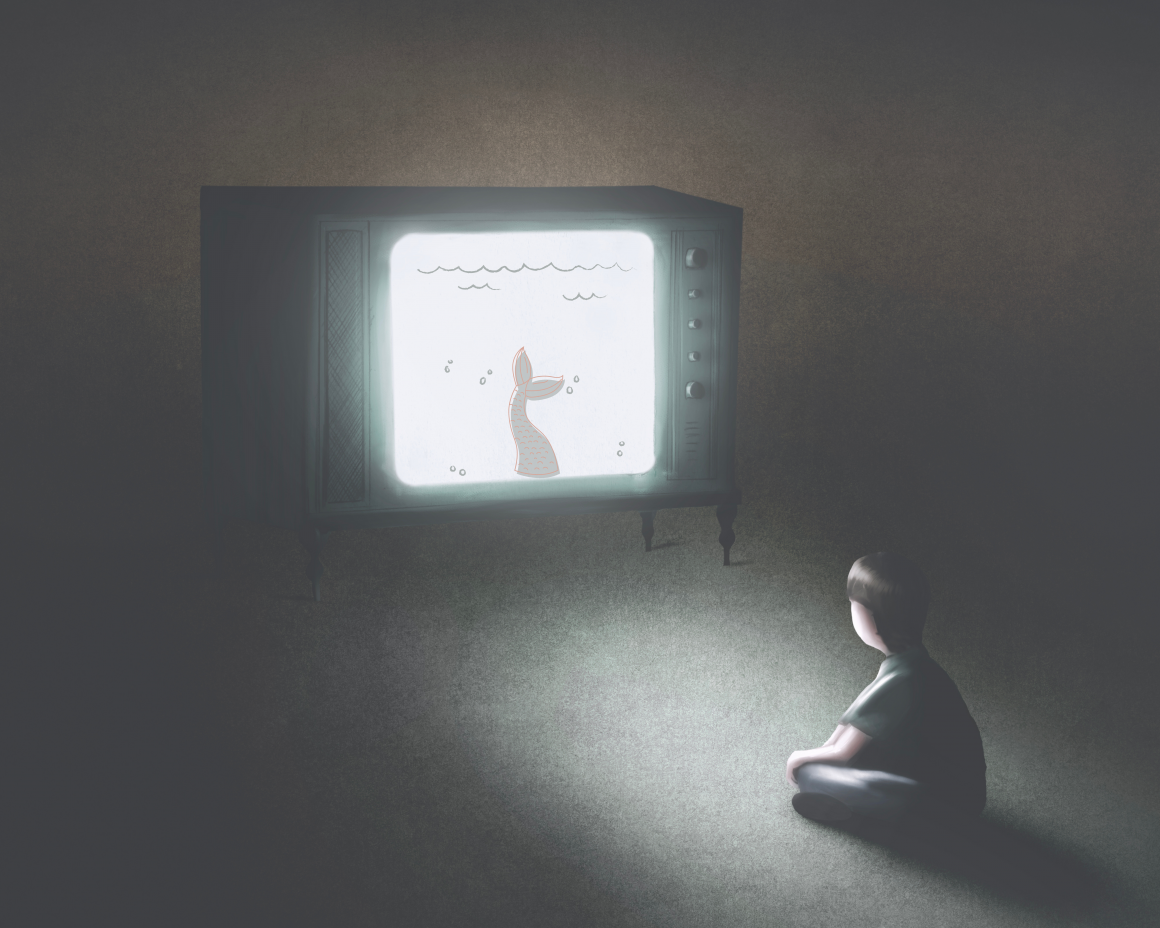
A reflection of you: Why representation in media matters
By Julieanne Acosta, July 20 2023—
I was four years old when I first saw someone on screen that kinda looked like me — and even then Disney’s first non-white princess is in no way close to being Filipino. Yet, to this day Jasmine remains my favourite Disney princess. The plot alone is enough for me to still adore the Disney movie, but more importantly, it was the first time I felt like the way I looked was enough to be in movies.
I was lucky to grow up surrounded by strong people of colour (POC). But, just the presence of them around me wasn’t always enough for me to feel appreciated for the way I looked. At the same time, I was surrounded by whitening products on the shelves of the Philippines’ supermarkets and being told that having darker skin or being morena wasn’t attractive. I have many memories of being told to stop playing in the sun with the other kids because my skin would get darker. I was always told to cover up — even in 30-degree weather, seven-year-old me could be seen at school with jeans and a long sleeve on to make sure that I wouldn’t tan.
What was seen as attractive, however, was being fair-skinned or mestiza. That was always the goal. Growing up, I had lighter skin than most Filipinos and I was told to try and keep it that way. But long days out with my friends in the summer showed me that it didn’t take long for my skin to tan — and coming back tanner than when I left was not a good thing in my house. The constant comments from my family telling me that I was getting darker and I needed to stop being out in the sun, made me believe that to be attractive I couldn’t have my skin get any more tan than I already was.
With this perspective already growing within me — seeing representation in movies and shows is what caused me to start to think otherwise. Having to constantly see princesses that I didn’t see myself in, slowly made me think that maybe there was a reason that girls that looked like me weren’t on the screen. To see someone who looks like you in movies or on TV, as cheesy as it may seem, is so important, especially during childhood. POCs in shows most watched by children are more likely to be shown as violent, while women of all ethnic-racial groups in adult programming are more likely to appear in sexualized roles. If all children see are negative depictions of themselves on TV — why are we surprised when they struggle with self-image?
For most of my childhood and well into my early adolescence, I was convinced that I looked better in the Winter because the sun wasn’t out as often and there was no chance my skin would tan. It took years to unlearn this and not to constantly shy away from outdoor activities in the summer sun. Aladdin was the first movie I watched where I felt like I looked like the person on screen and finally saw a positive representation of myself.
With the casting of a Black actress as Ariel in the new live-action remake of The Little Mermaid, the world saw a wave of racist criticism. This criticism, however, does not include some of you who weren’t a fan of how Flounder looked in the movie (but I’m sorry to break it to you — a live-action remake of a cartoon fish was never going to impress you in the first place). Sitting in that movie theatre made me excited for the number of young kids who would watch this movie and get to see someone who looked like them and represented them beautifully. Having another positive representation of a Black princess for young kids to look up to will have far more important effects on the next generation that outweigh any racist critique.
Casting a Black actress as Ariel did not take away from anyone, in fact, it provided POCs with another form of positive representation of them in the media to look towards. If you prefer the cartoon version — it’s still there. You don’t need to love the live-action film, but the integration of more positive representations of all ethnic-racial groups will help kids and adults start to see themselves in a better way on and off the screen. I am in no way saying that more representation will completely fix the underlying problem that we have in this society — but just as seeing what Jasmine on screen did for me, it definitely plays an integral part.
This article is a part of our Voices section and does not necessarily reflect the views of the Gauntlet editorial board.
